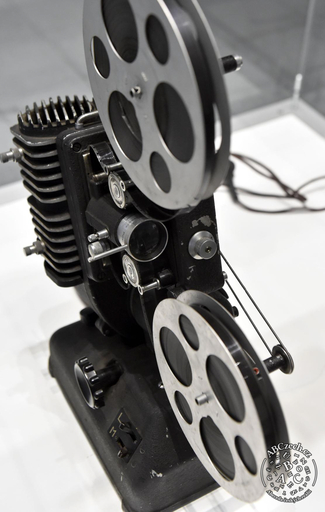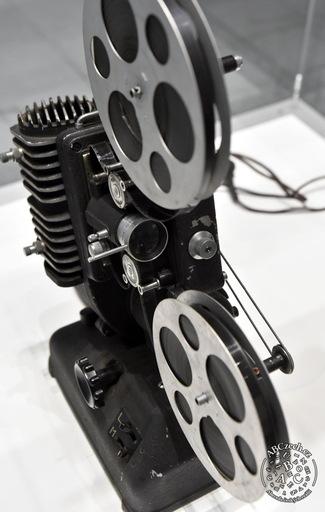
A hall or a building equipped for the exhibition of films and with an auditorium where the public can watch films. It is called kino in Czech, and in the past the term biograf was also used.

A form of language editing of films typical of the Czech Republic in which the original dialogues in foreign-language films and television series are translated into the local language. A type of voice acting.

Czech cinematography after the collapse of the communist regime and the dissolution of Czechoslovakia. Film production after privatisation and the return to private ownership.

Film production in Czechoslovakia after the Second World War, marked by nationalisation, a strong influence of the Soviet Union and the communist totalitarian regime.

Film production after 1956 is characterised by the advent of the New Wave and the new generation of artists. After 1968, this period was interrupted by Normalisation and censorship, which would last until 1989.

Czech film during the period of the Second World War, influenced by the politics and propaganda of Nazi Germany. Local film studios were used for making German films and cinemas on the territory of Bohemia and Moravia distributed German production.
A branch of scenic music created as an integral part of films and television productions, contributing to their atmosphere. Music for Czech animated and short films has been internationally acclaimed.

In the 1930s, sound was added to film. In the Czech environment, this period is also characterised by the advent of film avant-garde.

A film that, unlike fictional film, primarily aims to capture, evaluate and convey reality. It is characterised by authenticity, which is why it is often erroneously identified with journalism and news.

The term Czechoslovak New Wave or Czech New Wave refers to the generation of film directors and screenwriters who began working in 1960s. It is one of the pinnacles of world cinematography and the only Czechoslovak filmmaking movement to enter the history of world art. The unofficial, unorganised movement, also called “the spring of Czechoslovak film”, ended with the advent of Normalisation at the beginning of 1970s. The Czechoslovak New Wave is generally regarded as one of the most important movements in world cinematography after Italian Neorealism.

Era connected with the beginnings of Czech cinematography, the first three decades of original Czech film production. At the time, film was limited to mere visual recording, without spoken language. Bohemia was the sixth country in the world in which original silent films were made.
2016-2020 ABCzech.cz - © Filozofická fakulta Univerzity Karlovy
Content from this website may be used without permission only for personal and non-commercial purposes and with the source cited. Any other use is allowed only with the authors' consent.
This web application Sonic.cgi meets GDPR requirements. Current information can be found here.